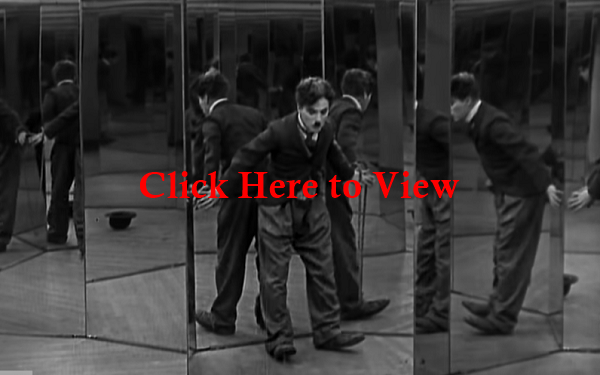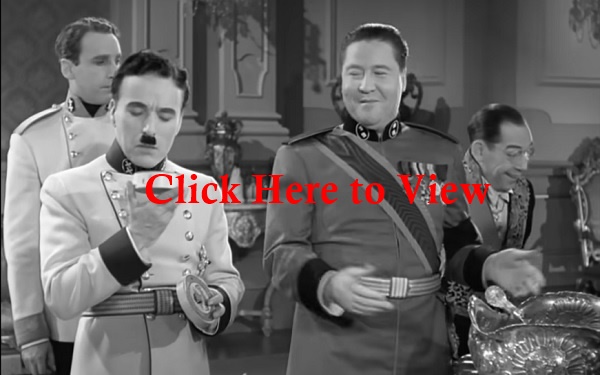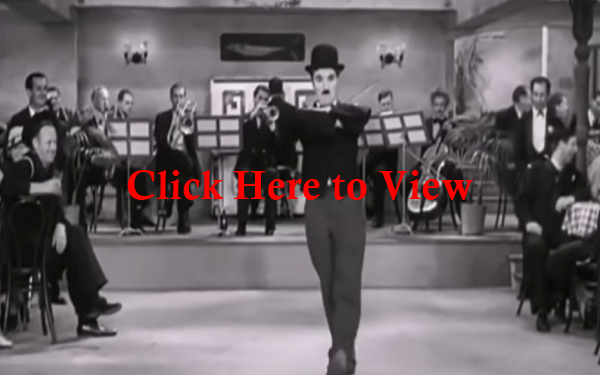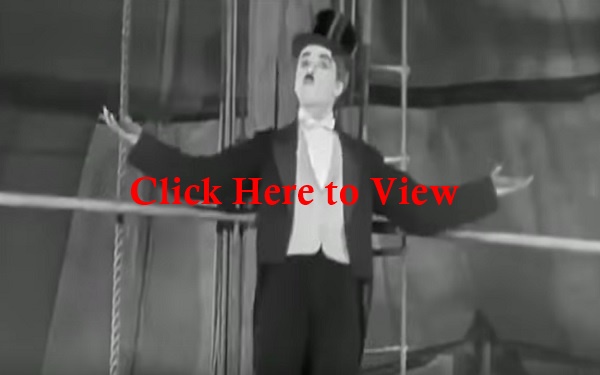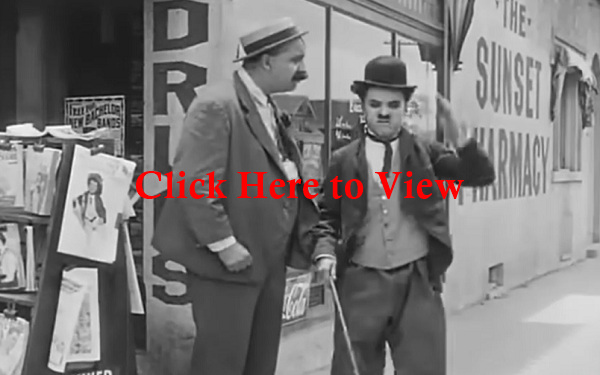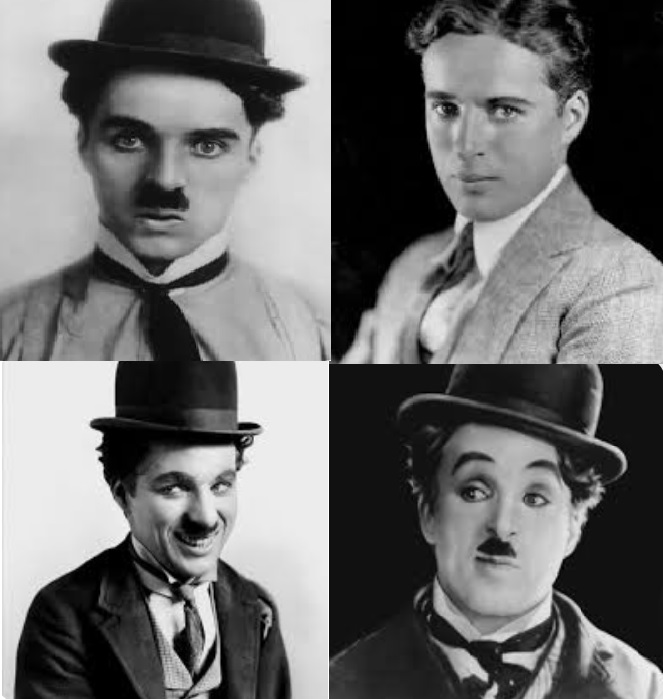
Most recognized for his contributions during the silent film period, Charlie Chaplin was a trailblazing figure in the motion picture industry. Chaplin was one of the most well-known and significant comedians and filmmakers of his era after being born in London, England, on April 16, 1889.
“The Tramp,” a charming and resourceful vagabond with a peculiar appearance—bowler hat, toothbrush mustache, and baggy clothes—was his most recognizable figure. This character, who showed up in several of his movies, came to represent the way he combined tragedy and humor in his writing.
Among Chaplin’s contributions to film are:
- Novel Film Techniques: He was renowned for his novel approach to filmmaking, which included the creation of intricate, moving narratives in silent films and the use of physical comedy.
- Social Commentary: He included social and political commentary in a number of his films, including “Modern Times” (1936) and “The Great Dictator” (1940). The way that “The Great Dictator” parodied Adolf Hitler and Nazism made it especially noteworthy.
- Musical Ability: Chaplin had compositional ability as well. He composed the soundtrack for a number of his movies, including the well-known song “Smile,” which has been performed by many other musicians.
- Awards and Legacy: Charlie Chaplin was bestowed with numerous honors in his final years, even in the face of controversies involving political persecution and his 1950s exile from the United States. He received an Honorary Academy Award in 1972 in recognition of his services to the motion picture industry.
Charlie Chaplin’s films are still praised for their inventiveness, humor, and humanism, and his work is still very influential. Although he departed suddenly on December 25, 1977, his enduring contributions to movies ensure that his legacy lives on.


